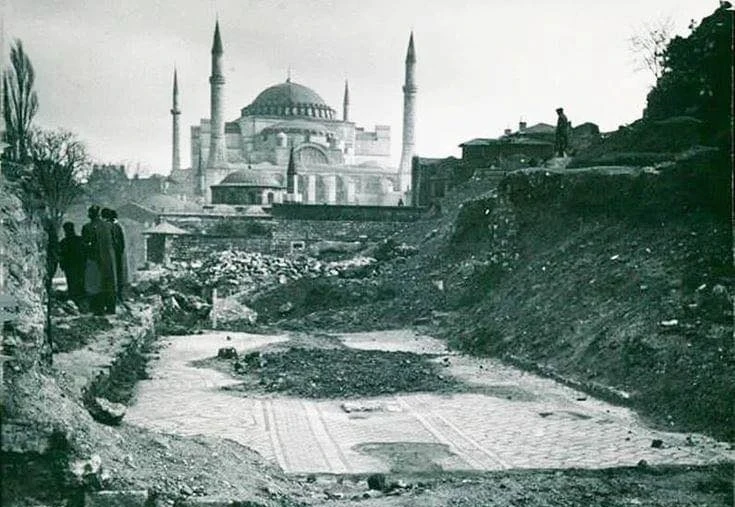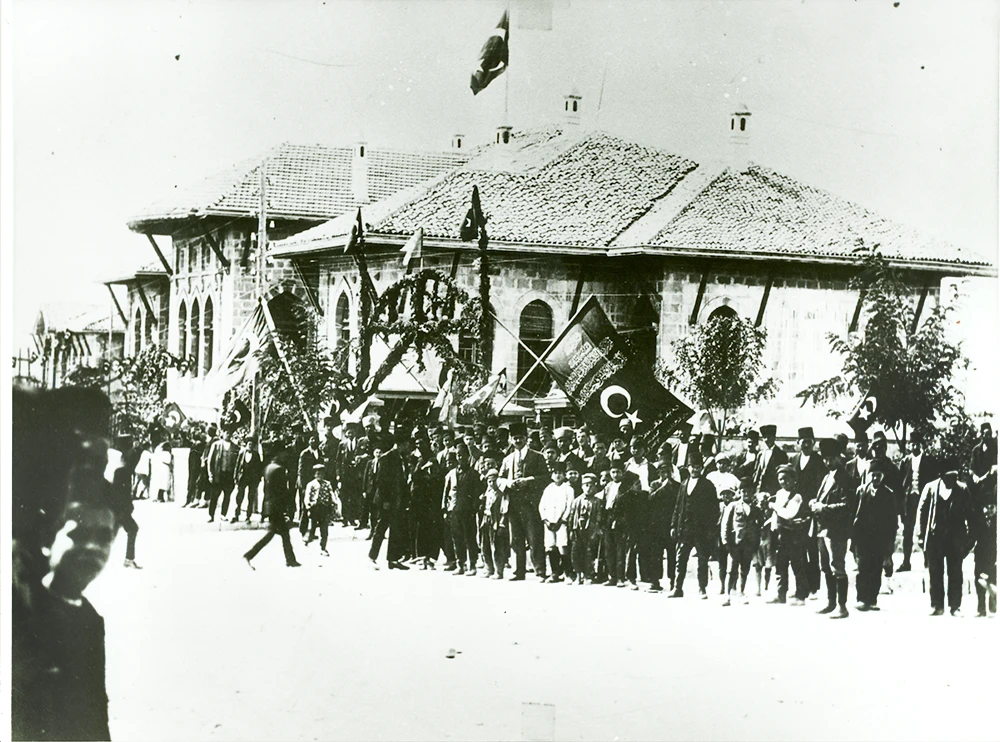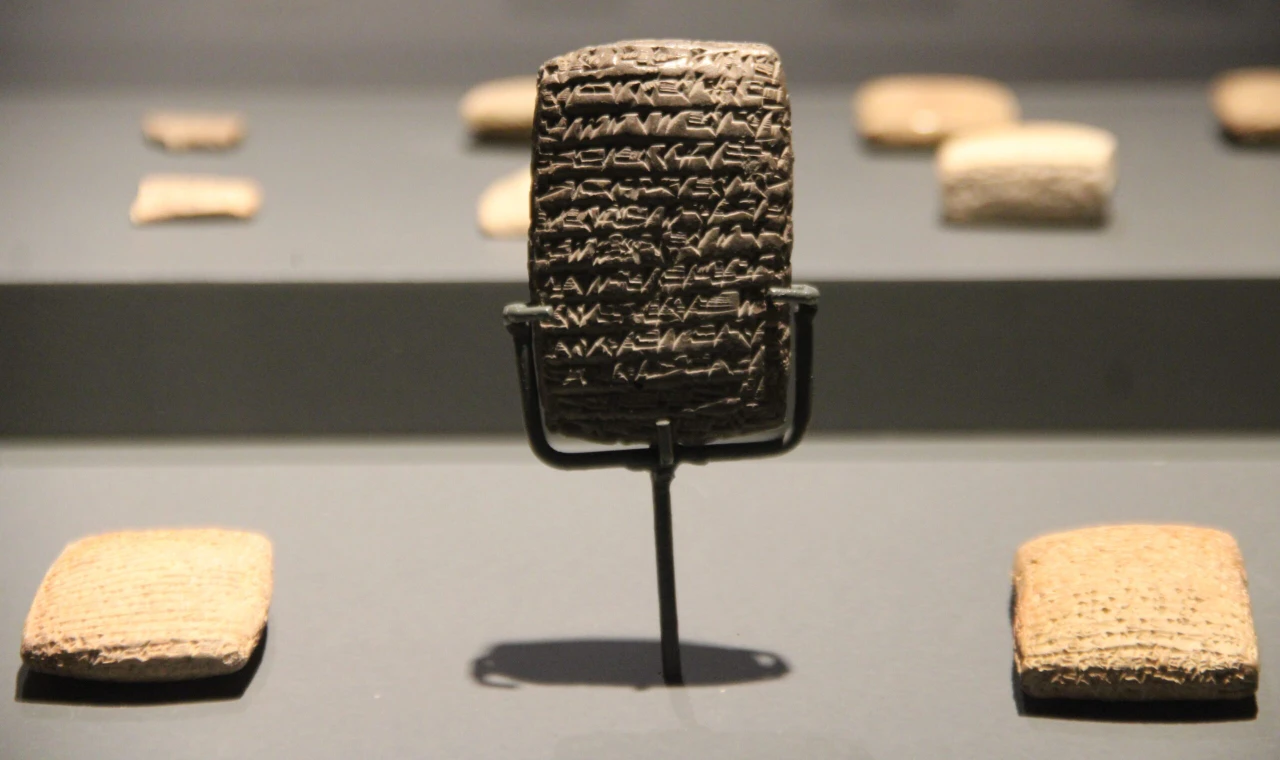New archaeological finds reshape Istanbul’s historical narrative
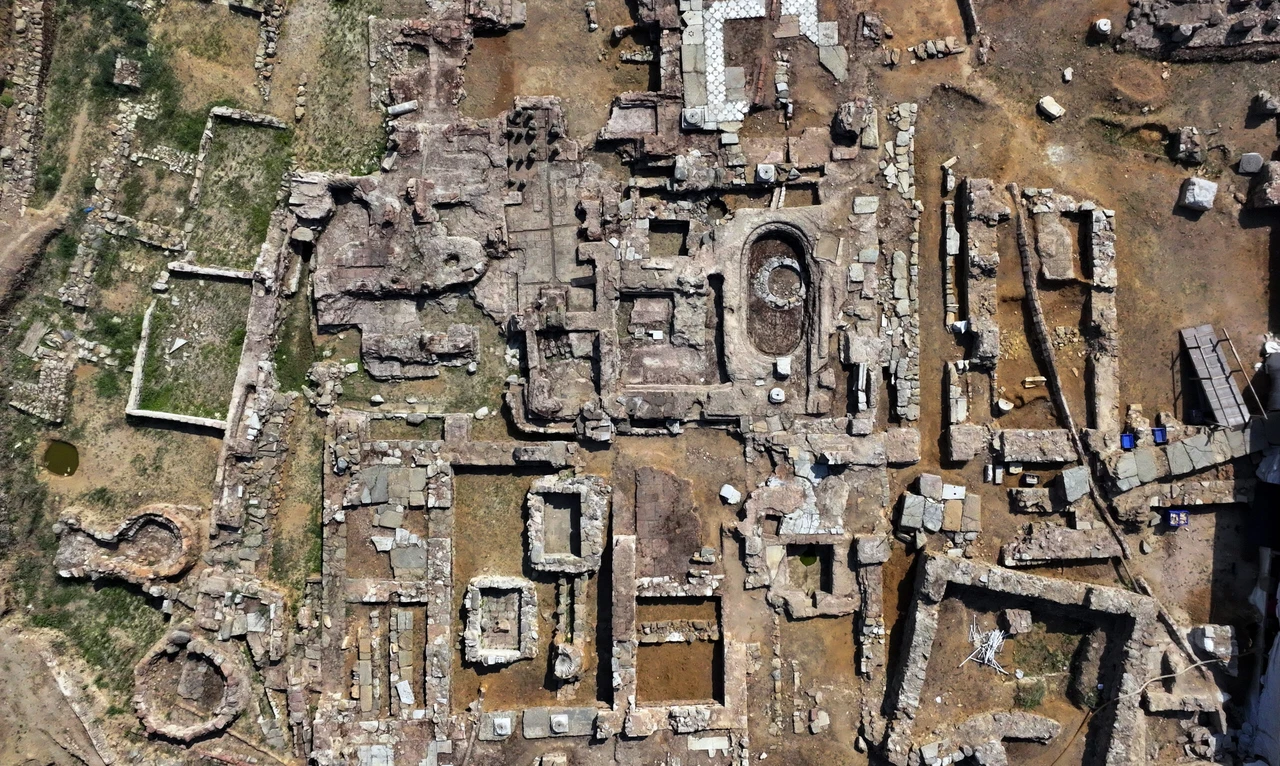 Ongoing archaeological excavations in and around Haydarpasa, in Istanbul, Türkiye, July 19, 2024 (Photo by AA Photo)
Ongoing archaeological excavations in and around Haydarpasa, in Istanbul, Türkiye, July 19, 2024 (Photo by AA Photo)
Significant findings have emerged from archaeological excavations in the Haydarpasa area and its surroundings, shedding light on Istanbul’s history. The excavations, initiated by the Ministry of Transport and Infrastructure and the Ministry of Culture and Tourism in 2018, are about 90% complete.
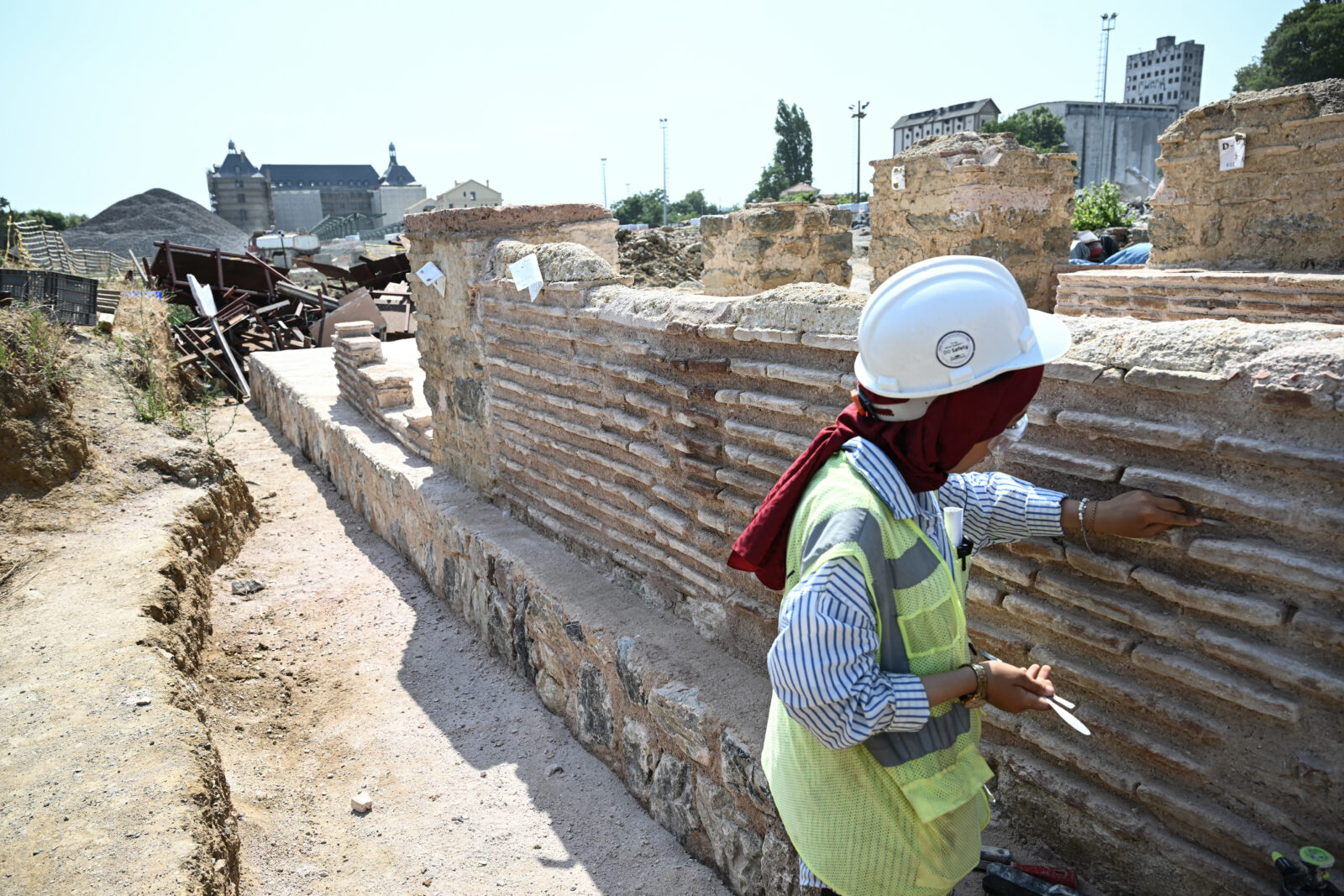
Deep dive into Istanbul’s history
Rahmi Asal, director of the Istanbul Archaeological Museums, provided an update on the excavation progress, noting that much of the work has been completed.
“The excavation project, which began in 2018, has extended due to archaeological findings and construction impacts. However, we have now completed about 90% of the work,” he stated.
Asal emphasized that the excavations have uncovered artifacts spanning from the Hellenistic period to the Byzantine era. Among the discoveries are a Hellenistic-era grave, Ottoman-era fountains, and World War II shelters.
Asal highlighted the significance of a Hellenistic-era grave discovered during the excavations.
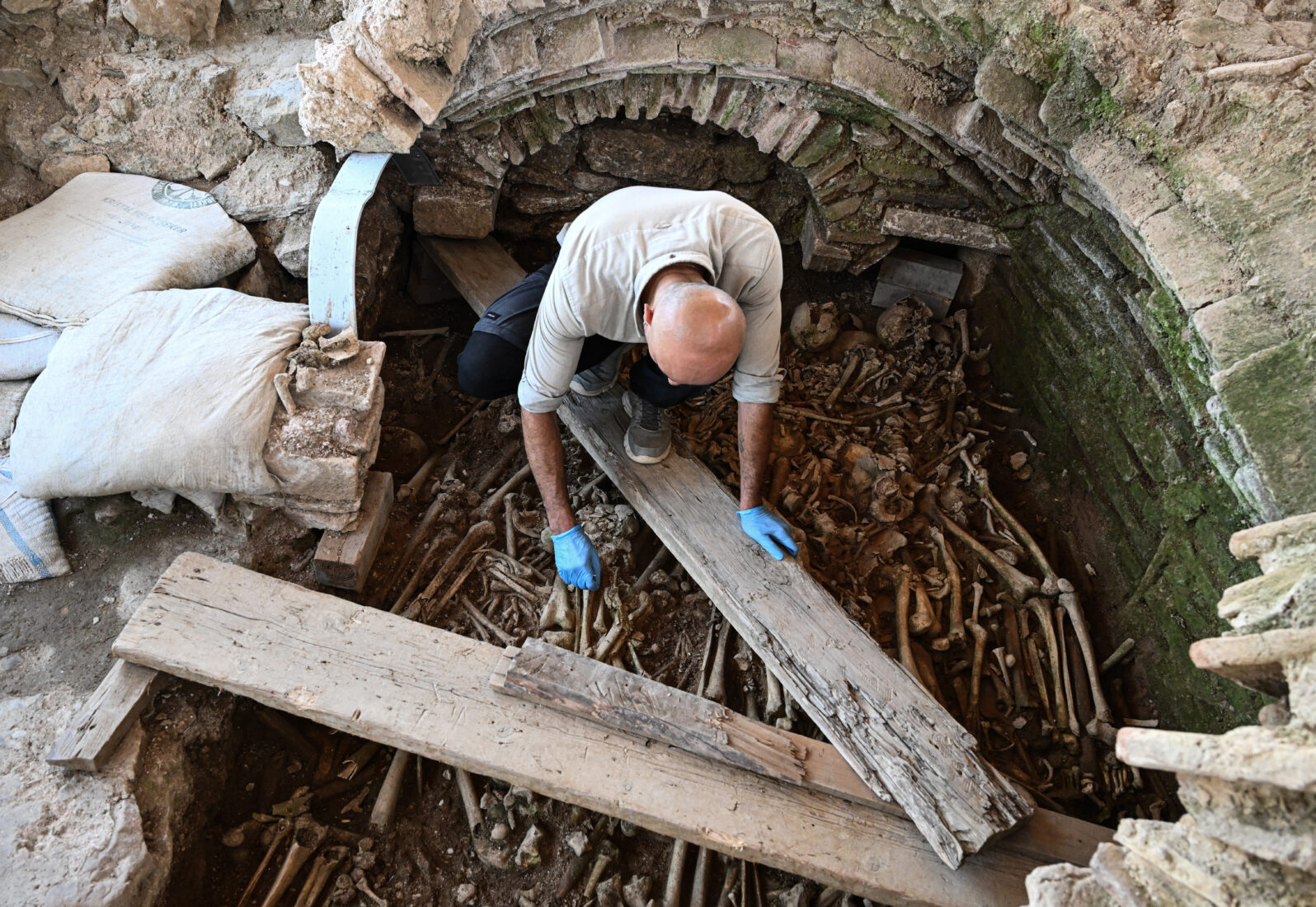
This grave, one of the rare untouched examples in Istanbul, contained valuable jewelry, a tear bottle, and bronze vessels. Additionally, coins from the fourth and fifth centuries B.C., attributed to the cities of Byzantion and Chalcedon, were found. These coins are crucial for understanding Istanbul’s history.
“As these discoveries reveal, Istanbul’s history extends back 8,000 to 9,500 years, predating its establishment as a Greek colony. This shows that a settled life existed in Istanbul long before the arrival of the Megarians,” Asal remarked.
New discoveries and conservation efforts
The excavations in the Haydarpasa area also uncovered what may be a bishop’s palace. Additionally, remains of the Church of Saint Bassa were identified. The excavation revealed significant architectural remnants and numerous skeletons, including those of three well-preserved individuals.
The discovery of 35 skeletons, with some indicating rapid, consecutive burials, suggests potential disease or sudden deaths.
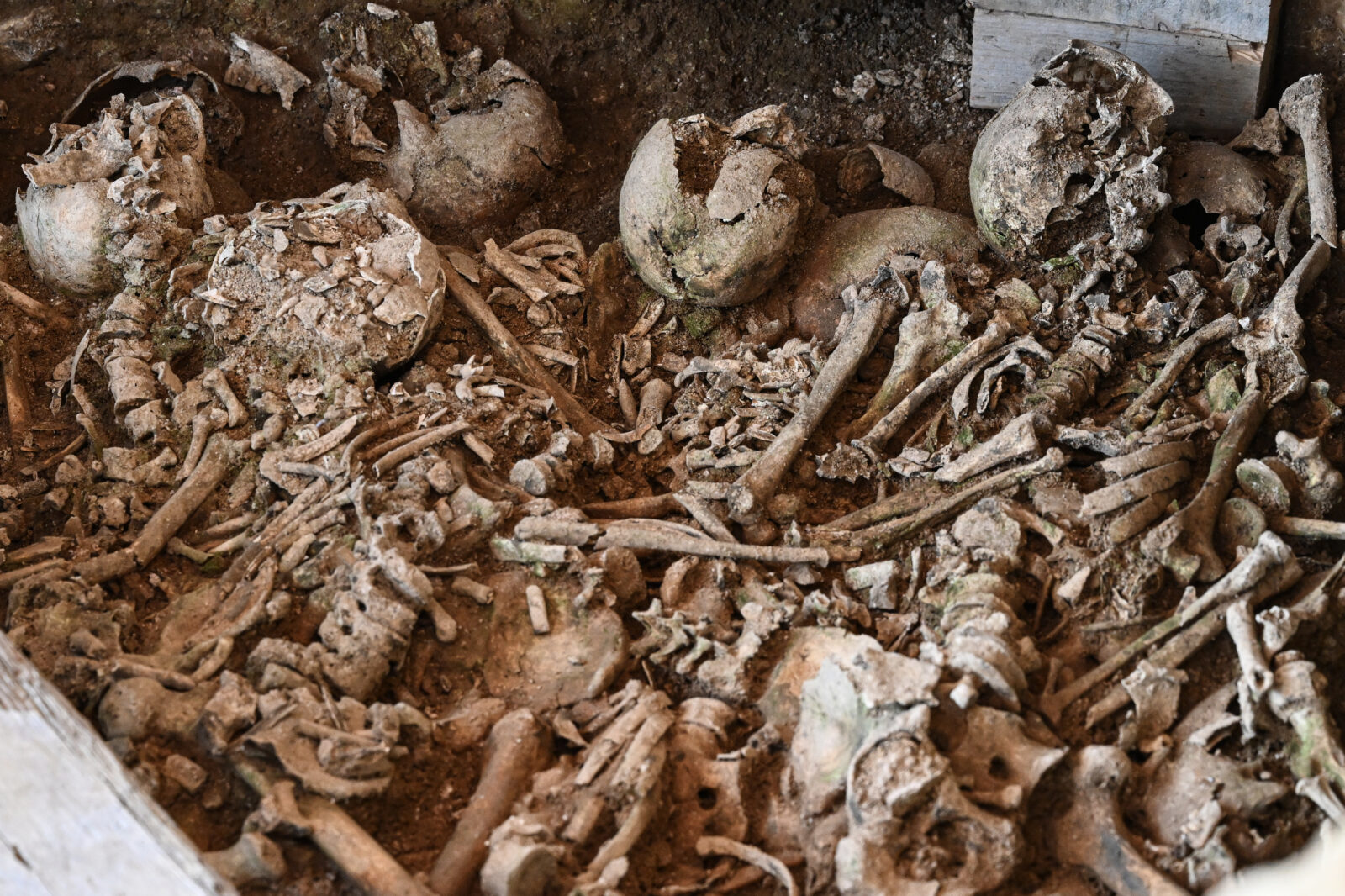
Asal addressed the challenges related to displaying the findings. “We had planned a major museum construction for the Yenikapi excavation site, but this project did not come to fruition. However, spaces for displaying the artifacts will be created,” he said.
Visitors will have the opportunity to explore these discoveries at the Istanbul Archaeological Museums.
The archaeological work of the past 20 years has uncovered unknown aspects of Istanbul’s history and will significantly impact both Istanbul’s and world history.
These findings are poised to contribute to a revised understanding of Istanbul’s past.

